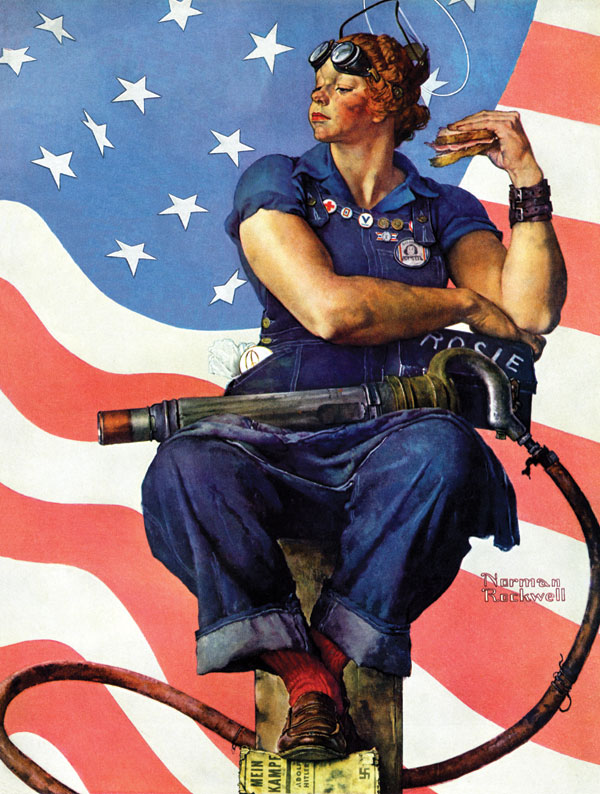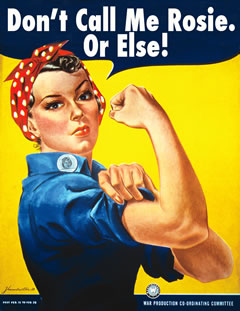Before Labor Day became a federal holiday in 1894, many states were already celebrating the holiday. In 1887 Oregon became the first state to pass the holiday as law followed soon thereafter by Colorado, Massachusetts, New Jersey, and New York. By 1894 twenty three more states would be celebrating the social and economic achievements of American workers. President Grover Cleveland passed the bill to make it a national holiday in hopes of appeasing the nation’s workers before the election that would give him a second term. Plenty of American Railway Union workers had reason to be upset with the president following a deadly railroad strike when workers for George Pullman’s sleeping car company became outraged that Mr. Pullman cut their wages but left their rent at the usual amount. The 150,000 members of the union refused to work on trains carrying Pullman cars. The strike disrupted train travel across the nation and prompted President Cleveland to send in troops to end the strike. Many of the workers were wounded and killed. TIME magazine called it “one of the bloodiest strikes in U.S. history.” President Cleveland’s efforts to honor the worker with a holiday did not secure him the election.
As years passed, there have been many celebrated labor giants, but the most well known of labor icons has been “Rosie the Riveter.” As the World War II posters proclaimed; she rolled up her sleeves, flexed her arm muscles and said, “We Can Do It!” This government campaign brought millions of women out of the home and into the workforce.
The familiar Rosie poster of the woman with the red and white polka dot bandana and blue coveralls against a bright yellow background is not the original Rosie. The original painted Rosie – popular during the war and created by Norman Rockwell – is found on the cover of the Saturday Evening Post of the 1943 Memorial Day issue. This image depicts a much more muscular woman wearing overalls, goggles and pins of honor on her lapel. A riveting tool lays across her lap and “Rosie” is painted on her lunchbox. She is stepping on a copy of Adolph Hitler’s book “Mein Kampf.” The Rosie most familiar to folks sixty and younger, was created by artist J. Howard Miller when he was commissioned by Westinghouse to make a series of posters to promote the war effort. It was never the intention of Miller or Westinghouse to make that image into “Rosie.” Before any of the art work of “Rosie” came into existence, she made her first appearance in song. The song, “Rosie the Riverter” by Redd Evans and John Jacob Loeb left us to picture in our individual minds our own Rosie’s.
Whether you see Rosie as the woman in the song or the one on the Saturday Evening Post or the one on the Westinghouse posters, there’s no doubt she did her part in uniting women as a major part of the work force during WWII. By 1945 nearly one out of four married women worked outside the home. The aviation industry saw the greatest increase in female workers. Women represented 65% of the industry’s total workforce, compared to just 1 % in the pre-war days. It’s no wonder that Rosie the Riverter is still considered the most successful government advertising campaign in history.
Rosie the Riverter lyrics:
While other girls attend their fav’rite 
cocktail bar
Sipping Martinis, munching caviar
There’s a girl who’s really putting
them to shame
Rosie is her name
All the day long whether rain or shine
She’s a part of the assembly line
She’s making history,
working for victory
Rosie the Riveter
Keeps a sharp lookout for sabotage
Sitting up there on the fuselage
That little frail can do more than a
male will do
Rosie the Riveter
Rosie’s got a boyfriend, Charlie
Charlie, he’s a Marine
Rosie is protecting Charlie
Working overtime on the
riveting machine
When they gave her a production “E”
She was as proud as a girl could be
There’s something true about
Red, white, and blue about
Rosie the Riveter
Everyone stops to admire the scene
Rosie at work on the B-Nineteen
She’s never twittery, nervous or jittery
Rosie the Riveter
What if she’s smeared full of
oil and grease
Doing her bit for the old Lendlease
She keeps the gang around
They love to hang around
Rosie the Riveter
Rosie buys a lot of war bonds
That girl really has sense
Wishes she could purchase
more bonds
Putting all her cash into national
defense
Senator Jones who is “in the know”
Shouted these words on the radio
Berlin will hear about
Moscow will cheer about
Rosie the Riveter!
Until next month – keep on readin’ and I’ll keep on writin’.
_____________________
